This report examines the current state, challenges, and opportunities for enhancing Nordic cooperation in the secondary use of health data. The Nordic countries possess a unique advantage in this domain, sharing many strengths that position them well for collaboration, such as: comprehensive population-based health registries with data collected over long periods, unique personal identification numbers (PINs) enabling data linkage, high levels of public trust and willingness to participate in research, and similar healthcare systems with shared values around data protection.
Despite these advantages, the rich datasets of the Nordic countries are currently underutilised for research, healthcare improvements, and innovation. Several challenges hinder fuller cooperation, including legal and regulatory fragmentation across countries, complex and time-consuming data access procedures, lack of standardisation in data formats and systems, ethical concerns around consent and privacy protection, and institutional barriers to data sharing.
However, significant opportunities exist to strengthen the Nordics’ position as leaders in health data utilisation, particularly in the light of the forthcoming European Health Data Space (EHDS). These include supporting use of secure federated solutions for both national and cross-border data processing, establishing common ethical frameworks and governance models, developing shared metadata standards according to the FAIR principles, building competencies in AI and data science, and fostering public-private partnerships for innovation.
Realising this potential will require coordinated policy efforts across the Nordic region. Key actions include harmonising relevant legislation and regulations, streamlining data access procedures, and promoting skills development and knowledge sharing.
By addressing these challenges and capitalising on their unique strengths, the Nordic countries can unlock the full value of their collective health data resources. This would significantly advance medical research, improve healthcare delivery, drive innovation, and ultimately lead to better health outcomes across the region. The implementation of these strategies has the potential to not only maintain but significantly strengthen the Nordic countries’ position as global leaders in the secondary use of health data, setting a model for international collaboration in this important field.

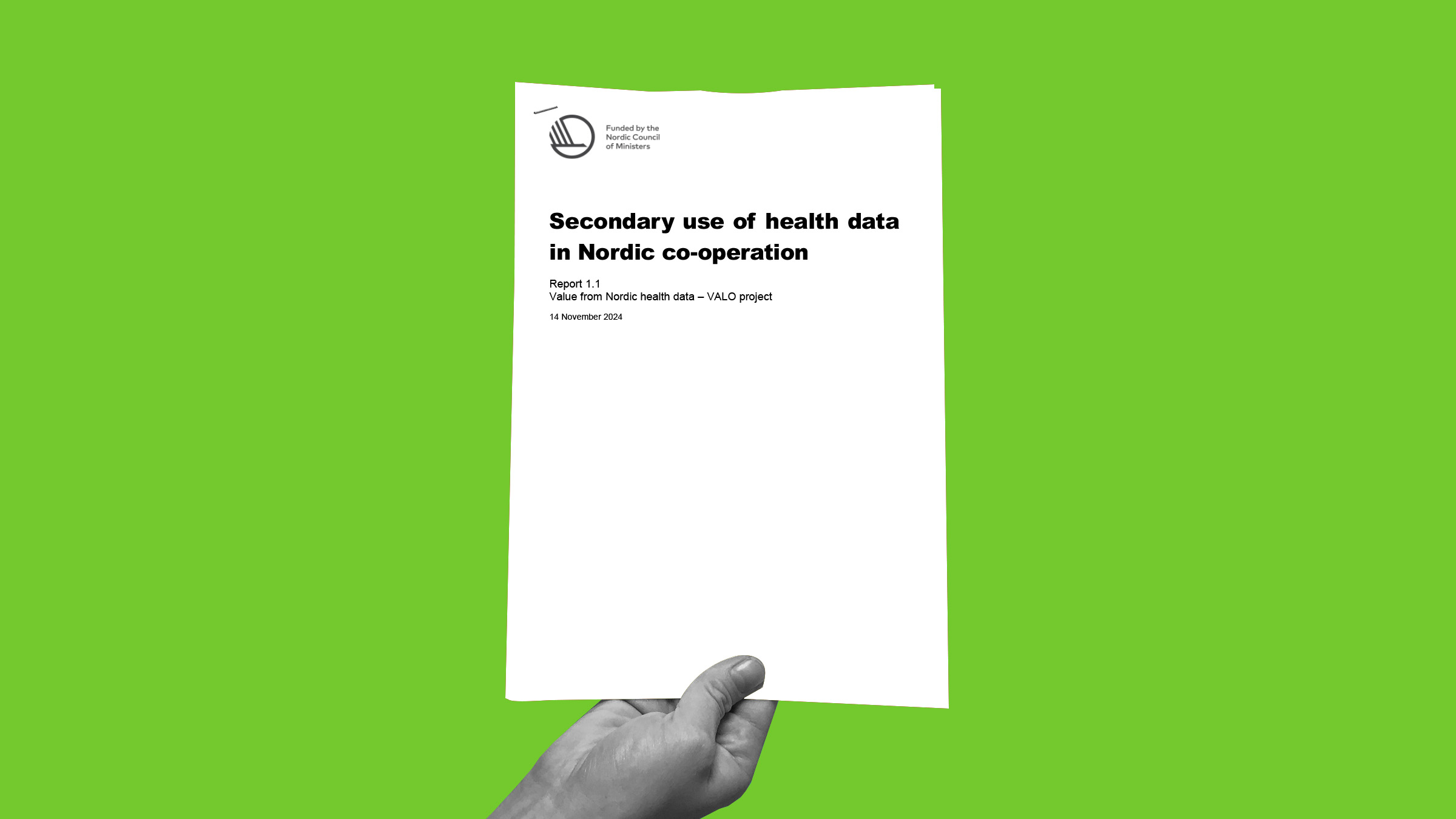
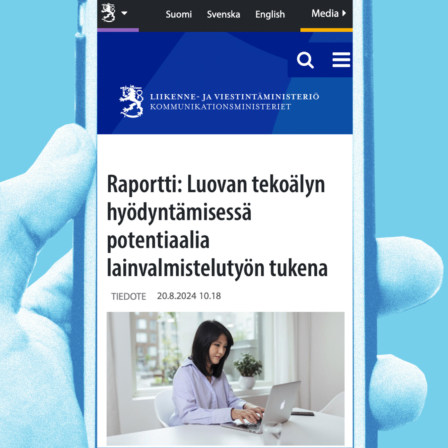

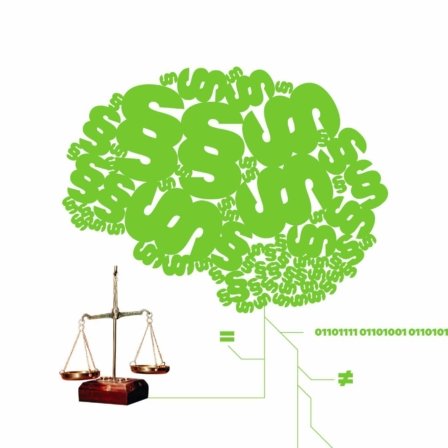
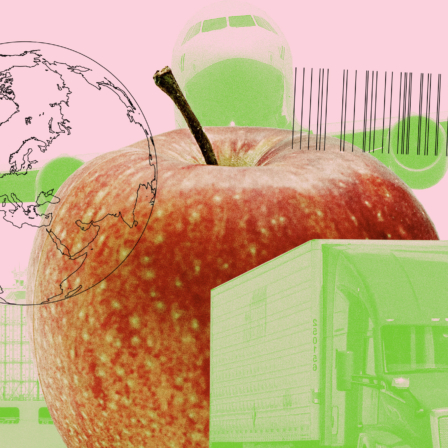






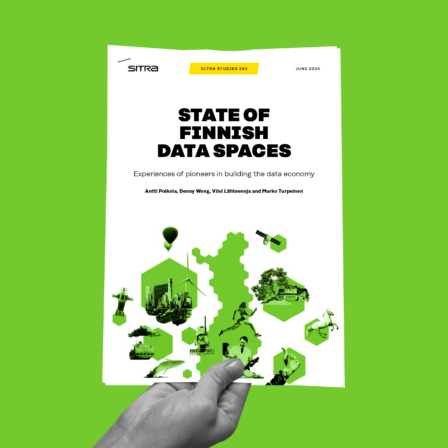
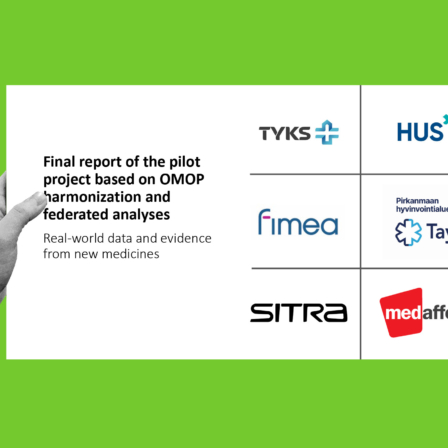
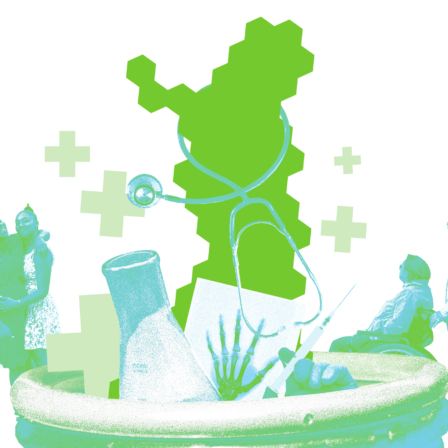
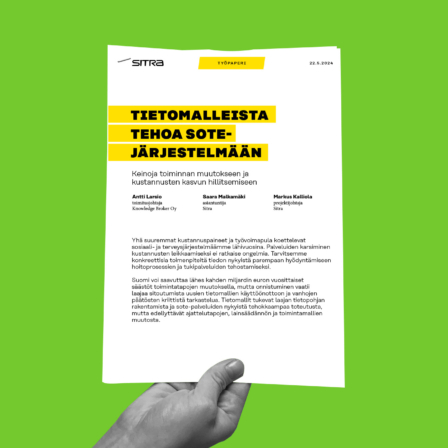
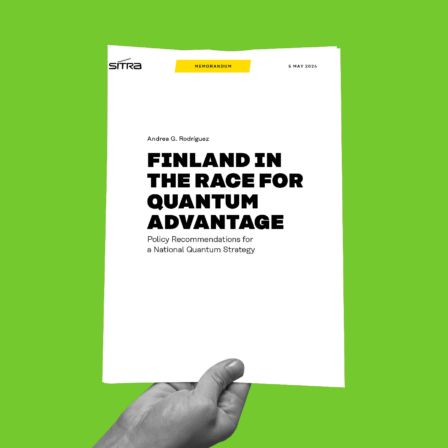
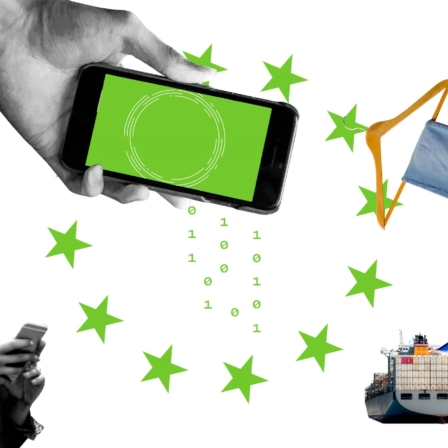

Recommended
Have some more.